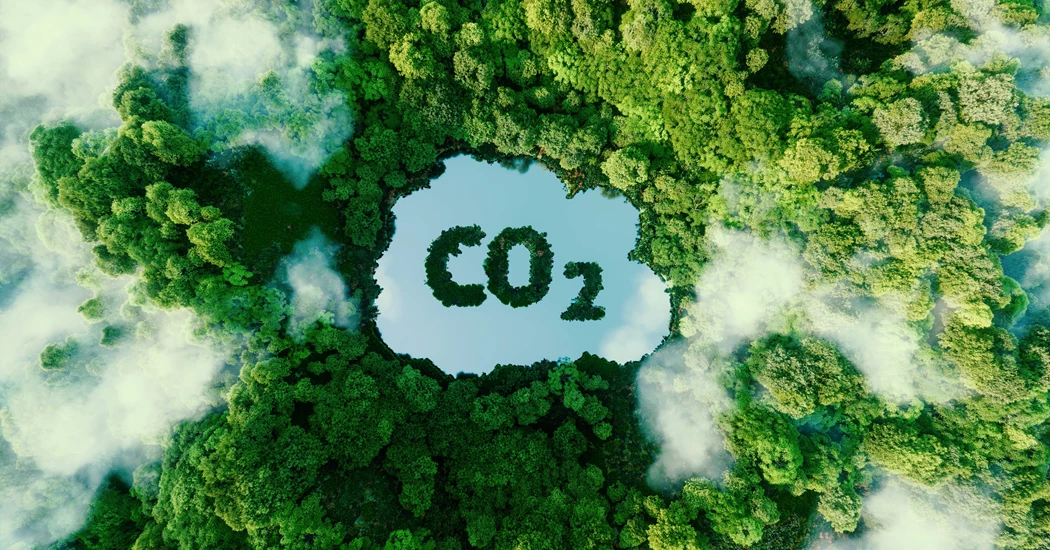Uganda to launch Net Zero energy transition plan at COP28
Uganda has announced that it will launch its energy transition plan at the upcoming 28th United Nations Climate Change Conference (COP28) being held in the United Arab Emirates (UAE) next month. The energy transition plan aims to ensure that Uganda meets its Net Zero targets.
The strategy, which will be a key part of Uganda’s delegation’s participation in the climate change conference, will outline how the country will achieve the objectives of carbon neutrality by 2050 while also ensuring universal access to electricity in the country by 2040.
The announcement was made by Irene Bateebe, the Permanent Secretary of the Ministry of Energy and Mineral Development (MEMD), during a media briefing in which she detailed how the country is to achieve the targets by mobilising the financing generated by the country’s oil and gas developments to ensure a financially secure energy sustainable future for the East African nation.
“We are fully focused on ensuring our energy security, so the oil and gas sector, which we are developing in a sustainable way environmentally, will support us in our energy transition plan by providing the required financing. We commit to continuing the development of renewables and decarbonization, but we are also committed to the country's economic development. We are decarbonising our energy sector. We are decarbonising our petroleum sector. We are already producing 80 per cent clean energy because 80 per cent of our energy comes from hydropower, and we will continue to ensure that we deploy clean energy,” she said.
She highlighted how achieving an energy transition posed a financial challenge for many developing nations without adequate financial support from developing countries. Uganda, however, is now to use finance generated by its new oil and gas sector to ensure projects to develop energy from wind, solar and sustainable biomass for isolated off-grid communities and is pursuing a programme to develop nearly 52,000 megawatts of hydropower by 2040.
Providing energy security in Uganda will also reduce the reliance on cutting down trees for wood fuel/ charcoal, which is used to heat homes and to cook, which at present is one of the primary causes of deforestation in the country. Bateebe highlighted how the strategy to be announced at COP28 is to be built on the following pillars:
- A commitment to expanding renewable energy in the country, especially hydropower.
- Financing reforestation programmes to meet commitments made at COP26 and COP27.
- Delivering on the obligation to ensure universal access to electricity by 2040.
Bateebe cited how steps had already been taken to deliver on these objectives, including the building of a new 600-megawatt hydropower dam part-financed by the new Uganda Petroleum Fund established in coordination with the Ministry of Finance, Planning and Economic Development to support infrastructure development in the country. The country’s oil and gas development has been calculated to provide a boost of more than $40 billion to the economy over the next 25 years, bringing a potentially transformative impact for many in the country.
Uganda stands 132nd out of 221 nations in the Global Carbon Atlas, with annual emissions of just 4.9 MtCO2 (million tonnes of carbon dioxide). Uganda presently stands 171st for GDP per capita according to the latest International Monetary Fund World Economic Outlook. France is 24th, the United Kingdom 22nd, the United States 5th and China 63rd.
Uganda’s oil projects are a collaborative effort between TotalEnergies EP Uganda (TEPU), CNOOC Uganda Limited, and the Ugandan government, with the key facilities for the project encompassing the Central Processing Facility (CPF), well pads, flowlines, lake water abstraction, and other vital components.
Uganda’s Albertine Graben region has been known since the 1920s to have petroleum potential. The first commercial discovery was confirmed in 2006. To date, approximately 1.4 billion barrels of economically recoverable oil are estimated to be present in the area, which lies on the country’s western border with the Democratic Republic of the Congo. Oil is scheduled to start flowing from the region in 2025.
KEEPING THE ENERGY INDUSTRY CONNECTED
Subscribe to our newsletter and get the best of Energy Connects directly to your inbox each week.
By subscribing, you agree to the processing of your personal data by dmg events as described in the Privacy Policy.















